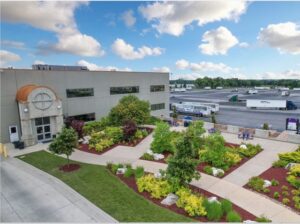Managing Tires Sustainably
From new tires to end of life tires, Prime Inc.’s holistic approach protects the environment
Missouri-based Prime Inc., one of the largest transportation networks in the country, is leading the way in green transportation with sustainability initiatives.
Prime’s EcoShred initiative launched in 2019 to repurpose scrap tires generated in house has grown 70 percent per year since. “We’re near capacity with 56 million pounds of tires being processed this year,” EcoShred Manager Michael Jones said.
With more than 7,500 trucks, trailers and other rolling stock on the road, Prime generates 1,600 tons of scrap tires annually. Initially designed to manage and process unusable tires, mostly dual truck and super singles from Prime’s fleets, EcoShred has expanded its capability and to receive passenger, light truck and truck tires from across the Midwest.
The company uses a multi-stage process consisting of equipment that includes a primary shredder which reduces the tires to a 2-to-6 inch rubber chip. The secondary line uses raspers to further reduce the chip to ¾ inch minus mulch nugget and removes steel from the rubber. The colorizer line features ten custom colors which EcoShred uses to paint the rubber to customer’s specifications.
The machinery allows Prime to repurpose its scrap tires to produce a variety of rubber products including tire derived fuel, tire derived aggregate, mulch, pellets and powdered rubber, Jones said.
“This year, we’ve processed over a million pounds of product with approved outlets for mulch, pour in place rubber, wire, tire derived fuel, and tire derived aggregate, ” he said.
 One of the first ways Jones repurposed the mulch product produced at the EcoShred tire shredding plant was to replace the traditional mulch used around buildings, and public areas at Prime, Inc.’s headquarters complex and the company’s other properties. In the past two years, the company has replaced over 400 tons of wood mulch with its own rubber mulch
One of the first ways Jones repurposed the mulch product produced at the EcoShred tire shredding plant was to replace the traditional mulch used around buildings, and public areas at Prime, Inc.’s headquarters complex and the company’s other properties. In the past two years, the company has replaced over 400 tons of wood mulch with its own rubber mulch
“We really try to make a difference with our sustainability practices, “ said Jones, who helped launch the idea for EcoShred as a way to manage and recycle the company’s scrap tires.
The EcoShred operation is just one of six main green initiatives that demonstrate Prime’s commitment to sustainability.
In another of its sustainability initiatives, Prime repurposes scrap tires generated in-house through its EcoTire retread division. Under the program, 35,000-40,000 tires are repurposed through Prime’s remanufacturing process and put back on the road, extending the life of used trailer tires to 100,000 miles. About 20 percent of all the worn tires the company generates are not suitable for retreading and are sent to EcoShred..
In addition to retreading and returning eligible tires to the road through the EcoTire division, used oil from the trucks is recycled and some is used to heat Prime’s shops. Prime’s trucks are custom designed to be more aerodynamic and lighter and more spacious to hold more cargo and to ensure they’re operating more efficiently while conserving fuel and energy. These efforts and more keep Prime’s carbon footprint low enough that it’s been designated a SmartWay Carrier by the Environmental Protection Agency.
Technology is another way Prime strives to achieve environmental sustainability. This year, Jones introduced the use of EASE software developed by Information Services Select, for tracking EcoShred data. The software, already used in Prime’s EcoTire retread division, allowed us to replace traditional practices with more sustainable ones in the EcoShred operation.
“For example, we needed a way to manage our customer’s tire collections. We were operating on spreadsheets and white boards to track customers’ locations. EASE created a dashboard that allows us to see all our trailers and provide more efficient service to our customers,” Jones said.
In the EcoShred paint division, EASE designs paint formulas that run at the percentage the customer wants. The best part, Jones said “ is it makes us efficient. We don’t lose money on sending too much.”
The software also improved the efficiency of the company’s tire shredding production lines by identifying different areas of output and directing where product should go.
“It’s provided a level of clarity and control and allowed us to do everything more efficiently, eliminate waste, reduce costs, and save energy ,” Jones said.
© Scrap Tire News, July 2023






